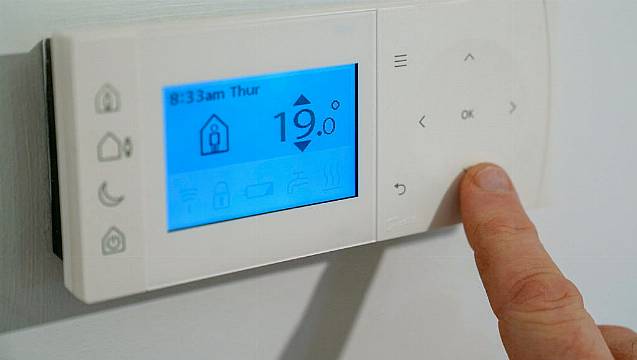Just under one quarter of people with a severely limiting health problem said they could not afford to adequately heat their home, compared to just 5.4 per cent of those with no health-related limitations.
Data from the Central Statistics Office (CSO) showed that of households with a member who is severely limited due to a health issue, 20.5 per cent said they have failed to pay at least one utility bill over the past year due to financial difficulties.
The Survey on Income and Living Conditions for 2022 compared levels of deprivation among those with long-standing health problems versus those without, noting the impact that health can have on finances and living standards.

The survey found the risk-of-poverty rate among people who said they had a chronic illness was 18.6 per cent, falling to 10.3 per cent among those who reported no chronic illness.
Of those who described their health as 'very bad', 42.9 per cent were considered to be living in enforced deprivation, while those who described their health as 'very good' had a rate of just 12.2 per cent.
Enforced deprivation is when a household experiences two or more of the 11 specified deprivation markers, which cover food, clothing, heating and social-related expenses that are necessary for a reasonable standard of living. These include being able to afford to keep your home adequately warm, to buy new clothes that are not secondhand, and to have a meal with meat, chicken or a vegetarian alternative every second day.
Those with severely limiting health issues also reported a much higher level of consistent poverty (14.1 per cent) compared to those without (3.5 per cent), while housing-related costs were seen as a heavy financial burden by half of those with limiting illnesses versus 25.5 per cent of households with no health limitations.







